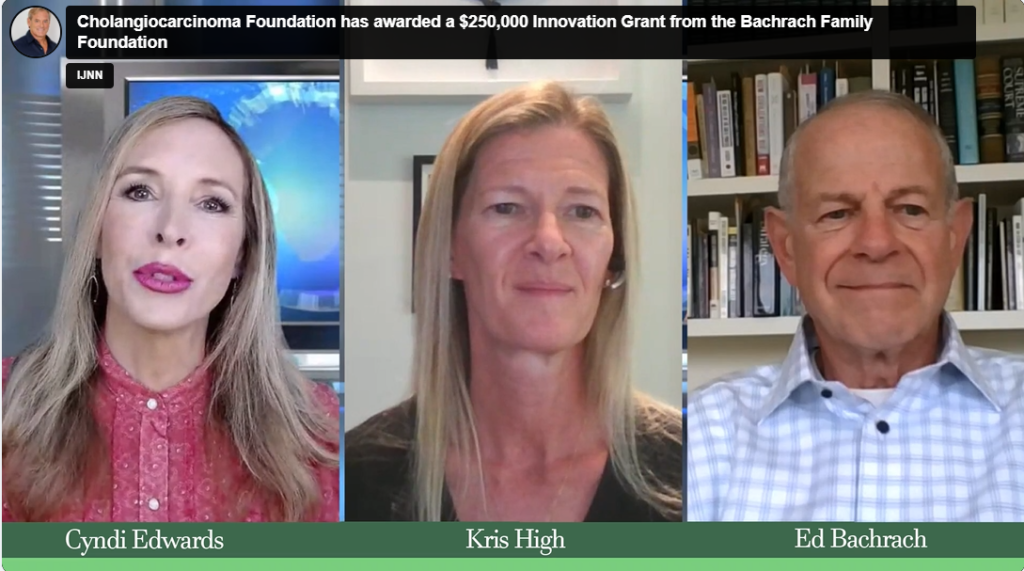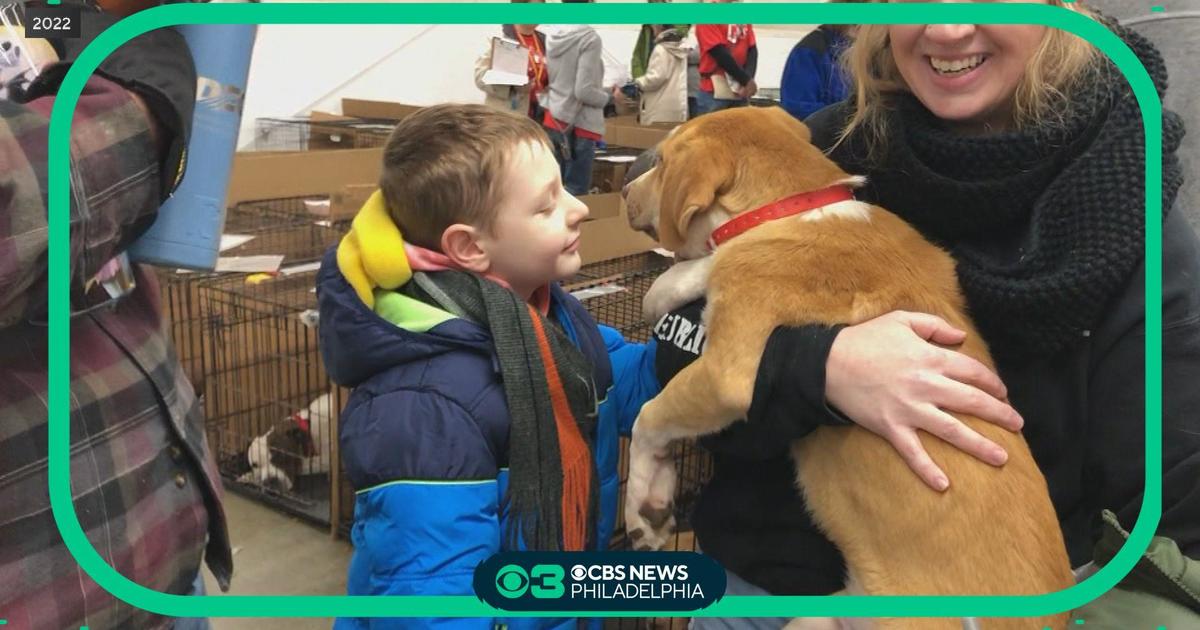
Tesla is having a very rough 2024, but Tuesday may be Elon Musk’s chance to turn things around for his electric vehicle company.
The Austin, Texas-based automaker reports its full first-quarter earnings after markets close on Tuesday afternoon, followed by an earnings call with analysts led by Musk, CFO Vaibhav Taneja, and Martin Viecha, the company’s head of investor relations.
After a terrible week for the company marked by sweeping layoffs, investors have plenty of questions for Tesla’s leaders. Tuesday will also reveal more information about Tesla’s finances, which may have weakened in recent months.
Barclays analyst Dan Levy, for example, expects Tesla to miss Wall Street’s estimates and report gross margins that will likely disappoint investors. He also raised the possibility that Tesla may disclose a negative free cash flow for the first time since the first quarter of 2020.
Tesla stock hit a new 52-week low on Friday, falling as low as $146.54 per share. The stock has dropped more than 40% in 2024, making Tesla one of the worst performers in the S&P 500.
With questions and concerns weighing on the company, here’s what to watch for when Tesla reports earnings Tuesday.
Analysts are warning that Tesla needs to establish and show a new strategy for going forward after a disastrous first quarter and a seeming shift in priorities. Tuesday will be the chance for Musk to reinvigorate uncertain shareholders who still have faith in him as an executive, while others will need what Wedbush analyst Dan Ives calls an “adult in the room” on the post-earnings conference call for reassurance.
“While we have seen much more tenuous times in the Tesla story going back to 2015, 2018, 2020… this time is clearly a bit different,” Ives wrote in a note to investors Friday. “[F]or the first time, many long-time Tesla believers are giving up on the story and throwing in the white towel.”
Tesla also needs to address slowing EV sales growth and reassure investors that it will be able to bounce back from a devastating sales miss last quarter, which tanked shares and raised doubts among investors over the company’s short-term performance. Electric vehicle sales in China have been hit as demand softens and rivals like BYD and Xiaomi introduce cheaper models.
The company is preparing for what Musk has called “the next phase of growth,” which likely emphasizes self-driving vehicles; “going balls to the wall for autonomy is a blindingly obvious move,” the Tesla CEO said last week.
That represents a dramatic change for Tesla’s future, which is likely to have an effect on who decides to hold their shares or fold.
“We view Tesla’s shift as thesis-changing, and worry the stock will need to undergo a potentially painful transition in ownership base,” Deutsche Bank analysts wrote Thursday, noting that electric vehicle investors may start “throwing in the towel” and be replaced “by AI [and] tech investors with considerably longer time horizons.”
Elon Musk has wanted to set up shop in India for a while now but was held back because of the country’s high taxes on imported vehicles. Thanks to a change of heart — and policy — driven by Tesla’s rigorous lobbying, that’s no longer a problem.
Under strict requirements, New Delhi will allow foreign electric vehicle companies to import up to 8,000 units per year at a 15% tax rate, well below the current 70% — or even 100% — on most EV imports. Car companies will be required to invest at least $500 million and start domestic manufacturing within three years to qualify for that 15% tax rate.
On Sunday, Musk was expected to travel to India to meet with Prime Minister Narendra Modi for the first time since June 2023, where he was expected to announce a $2 billion investment in the country. The meeting would have given Musk the chance to reassure investors and drive up enthusiasm ahead of Tuesday’s earnings announcement.
However, those plans have been postponed.
“Unfortunately, very heavy Tesla obligations require that the visit to India be delayed, but I do very much look forward to visiting later this year,” Musk wrote on X over the weekend.
Reliance Industries is discussing a potential joint venture with Tesla to build an EV manufacturing facility in India. The conglomerate is expected to have a major role in helping Tesla establish a factory and associated operations, according to the Hindu Business Line.
Tesla has also signed a strategic deal with Tata Electronics to make semiconductor chips for the EV maker’s global operations, according to the Economic Times. Tata has invested $14 billion into its semiconductor business and has facilities in at least three states.
Eagle-eyed investors don’t have look as far away as India for foreign investment plans. Mexico is right around the corner.
Mexican President Andrés Manuel Lopez Obrador first announced Tesla’s plans for a new gigafactory in Nuevo Leone last February and construction on nearby infrastructure began later that summer. However, construction has been delayed due to Musk’s concerns about the global economy and various delays in getting permits.
Then in February — after permits were approved and $135 million in incentives had been secured — Nuevo Leone’s governor asked Tesla to begin work on the plant in March. Production isn’t expected to begin until 2026 or 2027, according to some Tesla suppliers, which may force them to adjust their plans. Collectively, Tesla and its suppliers aim to invest $15 billion into the factory by the end of 2025.
In some good news for Tesla investors, work on the plant hasn’t been affected by the company’s recent round of layoffs, according to Mexican officials.
“We are working on all the infrastructure around the plant, which has to do with all the accesses, we are expanding the road to three lanes, with the water part, we are working on the infrastructure part and we continue working on the incentives, the contact with them is very close,” Secretary of Economy Iván Rivas Rodríguez told Milenio last week.
Perhaps the most hotly anticipated item investors are looking for on Tuesday is one that came well out of left field.
After swiftly denying a Reuters report that Tesla would be dropping plans for a $25,000 electric vehicle — which has since been corroborated — Musk made his latest promise to investors and fans — a self-driving Tesla would be unveiled on August 8. However, it’s unclear what that announcement will actually entail — or if Musk is making another promise he can’t keep.
“We see a Robotaxi unveiling on August 8 as more aspirational, akin to Tesla’s Semi and Roadster announcements — and not likely to be Tesla’s next model,” Bernstein analysts wrote earlier this month.
In recent months, Tesla has renewed its public focus on its driver-assistance technology, promising frequent updates and free trials. Musk has also reiterated his offer for other automakers to license Tesla’s Full Self-Driving software, although none have accepted. Tesla has also slashed the subscription price of the software to $99 per month from $199 per month as it looks to increase its collection of user data.
“The bottom line is that we believe Tesla is among the leaders in autonomy/ADAS technology, and in the long-term we believe that software & digital services can be a meaningful driver of its business,” Goldman Sachs analysts noted on Thursday.
What about the Model 2?
As part of its push toward autonomy, Tesla has shelved its plans to launch a cheap electric car by 2025, which would have filled a much-needed gap in its offerings.
Currently, the Model 3 compact car is Tesla’s cheapest EV and starts at around $36,000. While cheaper than many competing offerings, Tesla’s long-promised affordable EV was expected to start at $25,000, making it more of a rival to the ultra-cheap cars sold by Chinese competitors.
But, as Musk continues to deny reports that plans for the affordable EV project have been put on ice, it’s possible that Tesla surprises investors with some good news.
Deutsche Bank last week downgraded Tesla stock from a buy rating to a hold rating and lowered its price target from $189 per share to $123 per share. The firm had based its buy rating on hopes Tesla would unleash the Model 2 next year.
Now, Deutsche analyst Emmanuel Rosner writes, Tesla’s future is tied to “cracking the code on full driverless autonomy,” which represents a “significant technological, regulatory and operational challenge.”
Tesla has asked investors to re-approve Musk’s $56 billion pay package that was struck down by a Delaware judge in January. Judge Kathaleen McCormick found that defendants in a shareholder lawsuit, which included Musk and Tesla’s board, failed to meet the burden in proving that “the compensation plan was fair,” writing that the process of deciding his compensation was “deeply flawed.”
Tesla argues that the plan was valid, saying that 73% of shareholders approved the 2018 pay package, according to a proxy statement filed Wednesday. Shareholders will — again — vote on the package at Tesla’s annual shareholder meeting on June 13.
Although many investors are likely to approve the package, not everyone is in agreement. Tesla’s largest retail investor — Leo Koguan, who controls more than 27 million shares — has been frustrated with Tesla’s governance practices and told Elecktrek he will vote against the pay package and re-election of two board directors.
Tesla’s board has been repeatedly criticized for failing to properly push back against Musk’s demands and habits. His close friend, James Murdoch, and his brother, Kimbal Musk, are both up for re-election to the board in June.
Musk’s role in Tesla has also been called into question in recent months, as the billionaire demands 25% voting control before growing the company’s push toward robotics and artificial intelligence. Besides Tesla, Musk oversees six other companies, including a startup focused on AI, which has raised questions over where his priorities lie.
After issuing mass layoffs last week — which coincided with the resignations of two executives — Musk now oversees Tesla sales across North America, Europe, the Middle East, and Africa, The Information reports. He’s also taken over oversight of people previously led by Drew Baglino, Tesla’s senior vice president for energy engineering and powertrain, including the leaders of charging infrastructure and the 4680 battery project.…Read more by William Gavin










